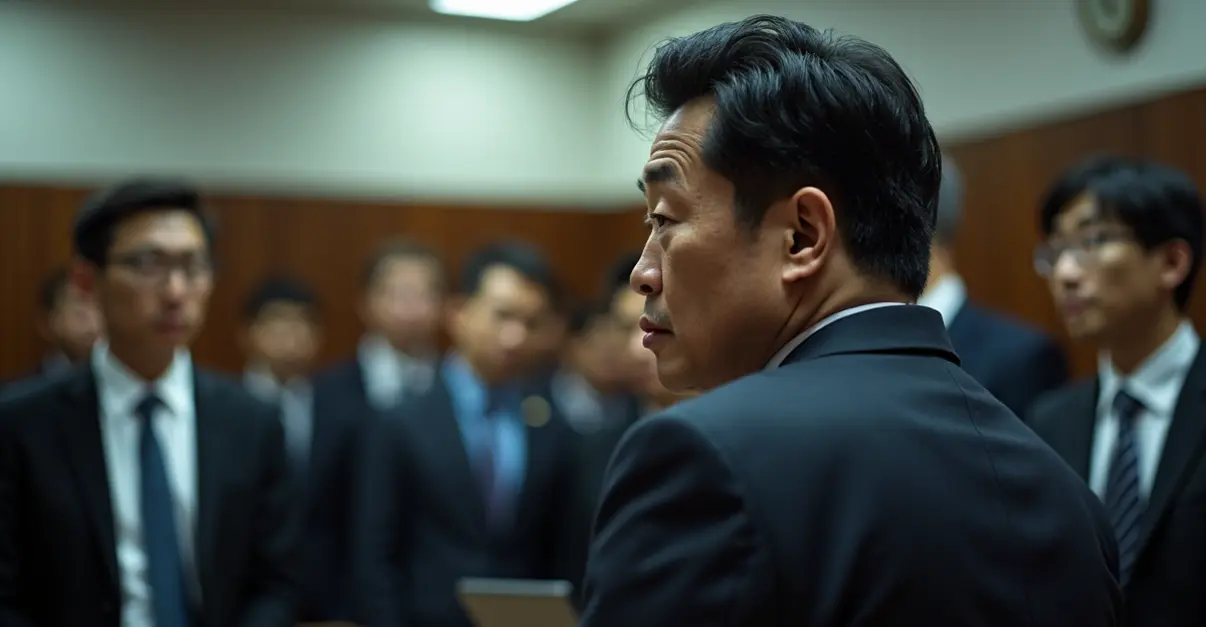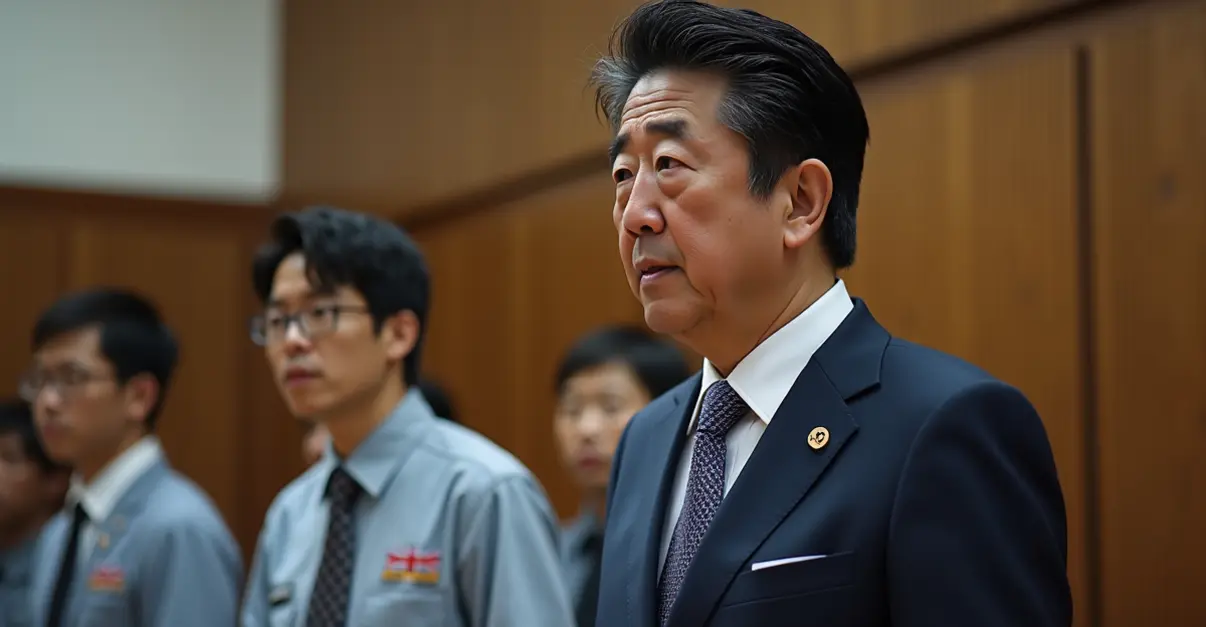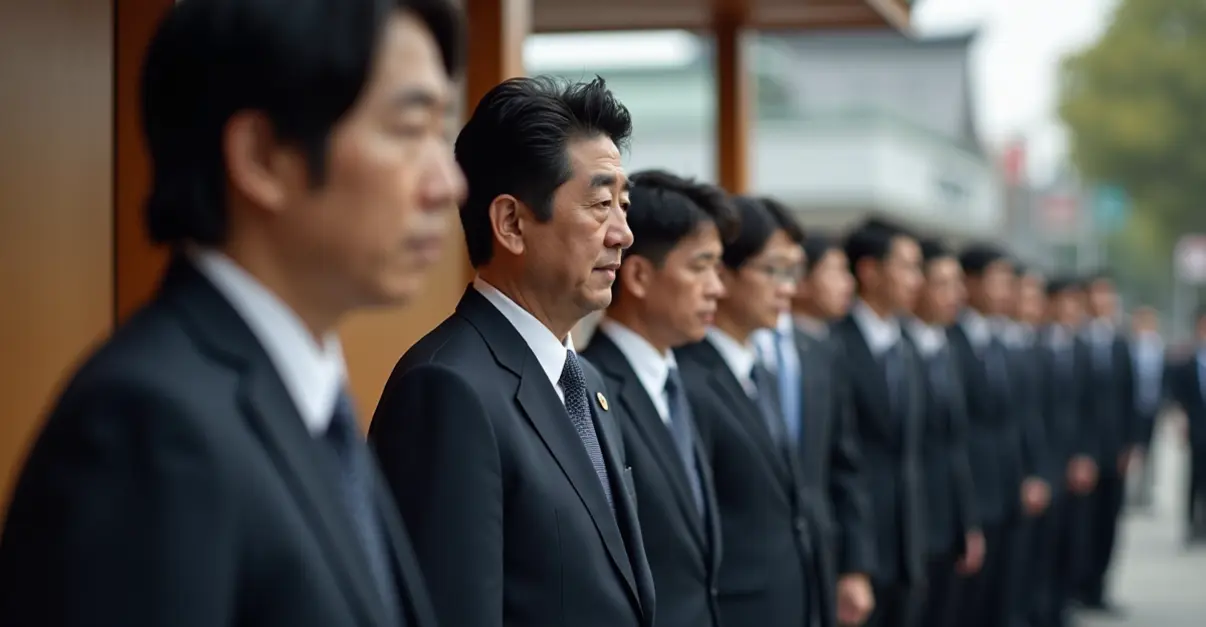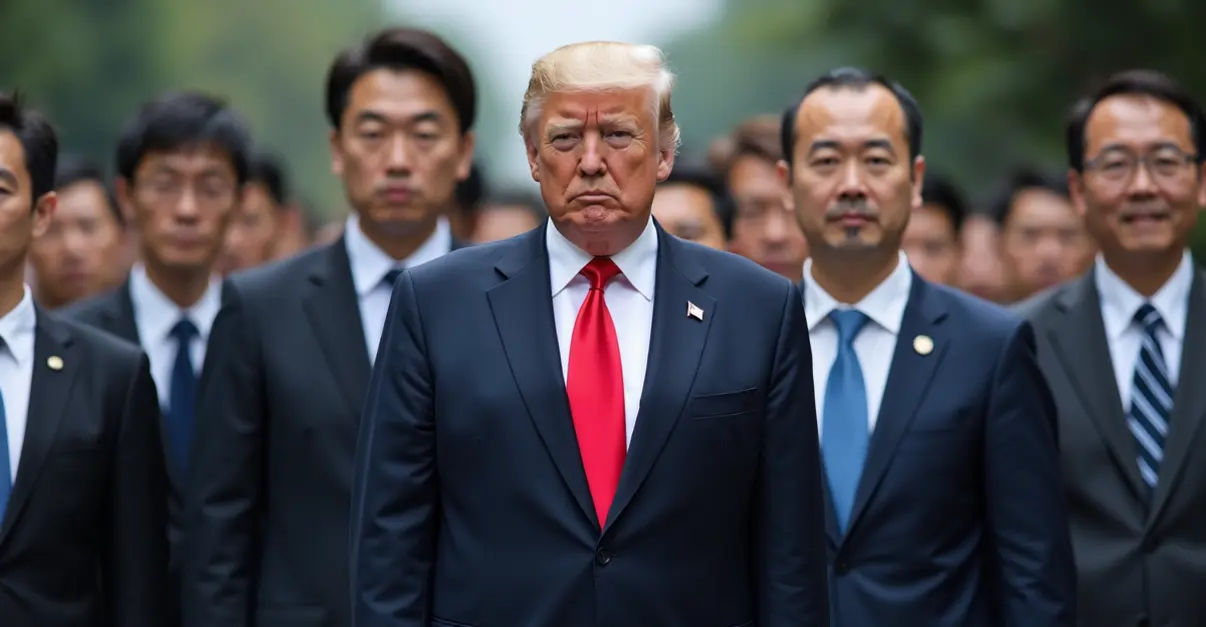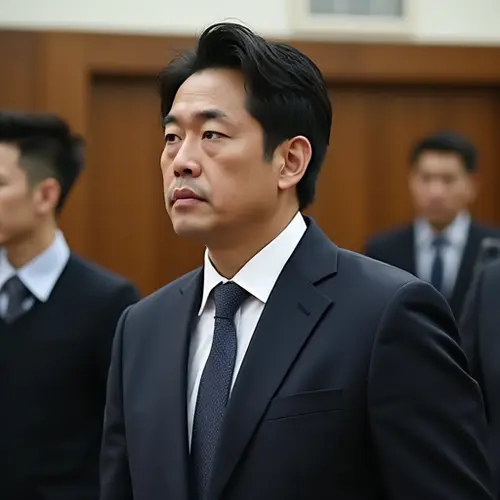Trial Opens with Guilty Plea in High-Profile Assassination Case
The murder trial of former Japanese Prime Minister Shinzo Abe commenced today with the accused, Tetsuya Yamagami, admitting to the assassination that shocked the world in July 2022. The 45-year-old defendant told the Nara District Court 'Everything is true' when asked about the charges against him, confirming his guilt in the killing of Japan's longest-serving prime minister.
Security and Public Interest at Historic Levels
The courtroom atmosphere was tense with strict security measures in place, including multiple guards and a transparent barrier separating Yamagami from the public. Local reporters noted that interest in the case was exceptionally high, with 727 people applying for just 32 available public seats in the courtroom. 'The security was unprecedented for a Japanese court proceeding,' one courtroom observer noted.
Abe, 67, was shot from behind during a campaign speech in Nara city on July 8, 2022. The former prime minister was hit in the chest and neck, with doctors later confirming his heart had been struck. He died in hospital from his injuries, marking the first assassination of a former Japanese prime minister since 1936.
Motive Revealed: Family Connection to Controversial Church
Yamagami's motive, as revealed to investigators, stemmed from resentment toward the Family Federation for World Peace and Unification, formerly known as the Unification Church. The suspect claimed his mother had gone bankrupt after donating approximately 100 million yen to the religious organization, and he believed Abe had connections with the group.
The case has brought renewed scrutiny to the relationship between Japanese politicians and the controversial religious movement. 'This trial isn't just about one man's crime, but about the broader societal issues that led to this tragedy,' said political analyst Kenji Tanaka.
Legal Strategy and Firearms Charge Dispute
While Yamagami has admitted to the murder charge, his defense team is challenging the separate firearms possession charge. Defense attorneys argue that the homemade weapon used in the assassination - constructed from metal pipes - should not be regulated under Japan's firearms and sword control law.
The prosecution is expected to seek the maximum penalty, arguing that the violence was 'planned, malicious, and had far-reaching social consequences.' The defense, meanwhile, is requesting leniency based on Yamagami's difficult life circumstances.
Broader Impact on Japanese Society
The assassination has had profound effects on Japanese politics and security. Following Abe's death, Japan strengthened its already strict gun control laws in 2024, specifically targeting homemade firearms and online tutorials for creating such weapons.
The case also prompted widespread examination of the Unification Church's activities in Japan. In March 2025, the Tokyo District Court ordered the dissolution of the religious organization for causing 'an unprecedentedly large amount of damage' through questionable donation practices, recognizing over 19.4 billion yen in damages to followers.
What's Next in the Legal Process
The trial is scheduled for 19 sessions with a verdict expected on January 21, 2026. The proceedings will focus primarily on sentencing rather than guilt, given Yamagami's admission. The precise sentencing demand from prosecutors will be announced in the coming days.
As Japan continues to grapple with the aftermath of this historic assassination, the trial represents a critical moment for the nation's justice system and its ongoing examination of political security and religious influence in public life.

 Nederlands
Nederlands
 English
English
 Deutsch
Deutsch
 Français
Français
 Español
Español
 Português
Português
